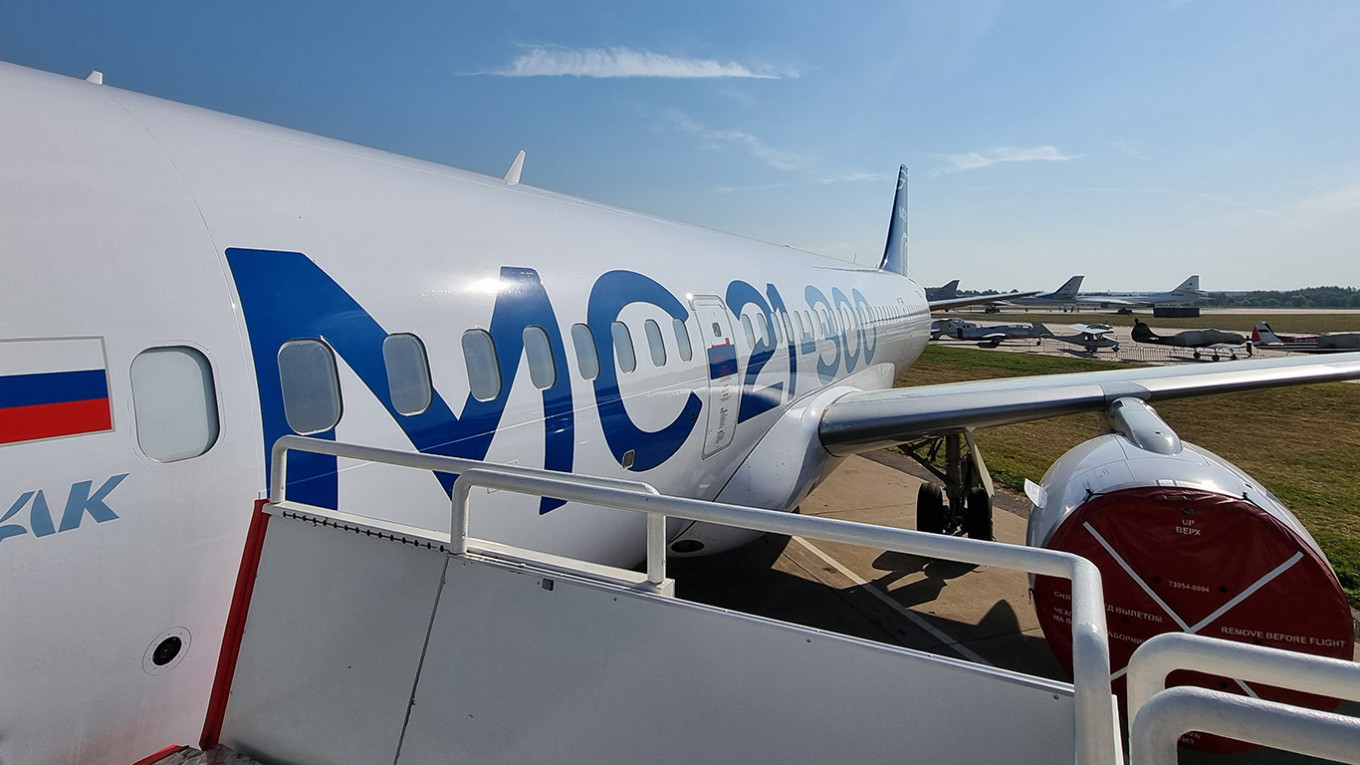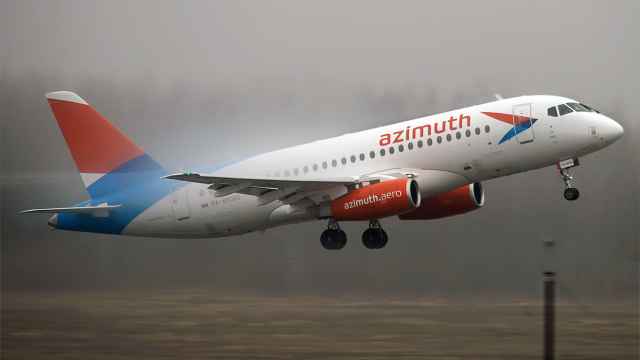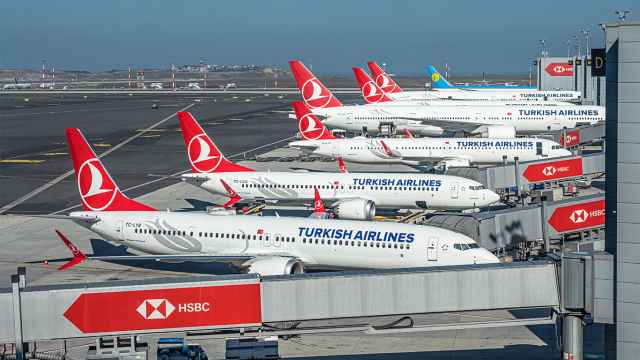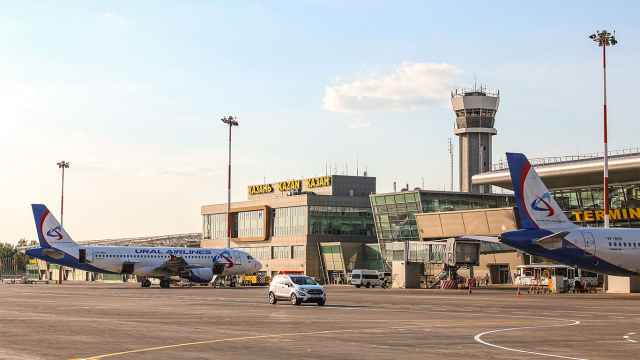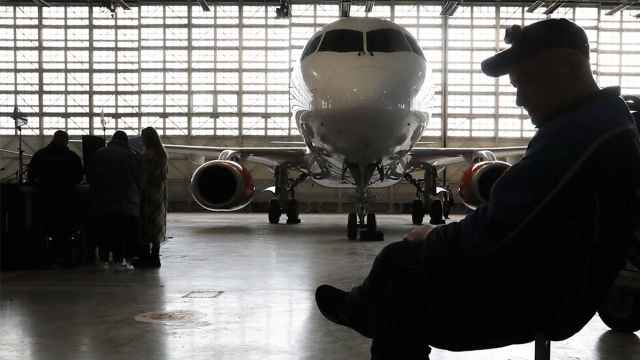The Russian government plans to reduce its spending on the production of new aircraft and helicopters by 22% due to ongoing delays and challenges in their manufacture, the Kommersant business daily reported Thursday.
Lawmakers in the lower-house State Duma are set to approve the cuts in amendments to the 2025 federal budget later this month, Kommersant reported, citing an official document.
If the bill is passed, the Aircraft and Helicopter Production federal project will see its funding for the current year cut by 22.4 billion rubles ($281.5 million) to 78.8 billion rubles ($990.3 million).
Specifically, the budget for the Russian Scientific and Technological Development state program will be cut by 12.8 billion rubles, or $160.8 million (originally set at 54.7 billion rubles, or $687 million), while the Aviation Industry Development program will lose 9.6 billion rubles, or $120.6 million (down from 46.5 billion, or $584.3 million).
The largest single cut, 8.5 billion rubles ($106.8 million), will affect subsidies for leasing companies and airlines meant to support the purchase and operation of aircraft.
A source familiar with the budget discussions told Kommersant linked this reduction to delays and lower production volumes in the Comprehensive Program for Aviation Industry Development (KPGA).
“If there are no planes, there’s no need for compensatory subsidies,” the source said.
The KPGA was launched in June 2022 in response to Western sanctions against Russia’s civil aviation sector after the full-scale invasion of Ukraine. Its original goal was to supply airlines with over 1,000 domestically produced aircraft by 2030.
However, only five aircraft — three Tu-214s and two Il-96-300s — have been delivered in the three years since then. In early 2025, the government reduced its aircraft production targets by 50%.
State-owned defense conglomerate Rostec told Kommersant that the budget cuts would not affect its aircraft production plans.
“We are currently testing new aircraft and preparing for mass production so we can begin deliveries of the SJ-100 and MC-21 to airlines next year,” a Rostec spokesperson said.
While the funding cut is unlikely to speed up production, it’s difficult to assess the full impact on the aviation industry without knowing the amount of financial reserves that manufacturers have, Fyodor Borisov, chief expert at the Institute of Transport Economics and Transport Policy at the Higher School of Economics, told Kommersant.
Dmitry Khoruzhik, CEO of the aviation company Aviasystems, also said the funding changes would not affect delivery timelines.
He said that the real issues facing the Russian aviation industry are supply chain disruptions caused by the defense sector’s outsized demand for parts and unfinished research-and-development efforts tied to import substitution.
“No amount of money can speed that up,” Khoruzhik said.
The head of Rostec warned in March that Russia will need to replace hundreds of foreign-made civil aircraft in the coming years as its fleet of Western planes reaches the end of its lifespan.
A Message from The Moscow Times:
Dear readers,
We are facing unprecedented challenges. Russia's Prosecutor General's Office has designated The Moscow Times as an "undesirable" organization, criminalizing our work and putting our staff at risk of prosecution. This follows our earlier unjust labeling as a "foreign agent."
These actions are direct attempts to silence independent journalism in Russia. The authorities claim our work "discredits the decisions of the Russian leadership." We see things differently: we strive to provide accurate, unbiased reporting on Russia.
We, the journalists of The Moscow Times, refuse to be silenced. But to continue our work, we need your help.
Your support, no matter how small, makes a world of difference. If you can, please support us monthly starting from just $2. It's quick to set up, and every contribution makes a significant impact.
By supporting The Moscow Times, you're defending open, independent journalism in the face of repression. Thank you for standing with us.
Remind me later.


